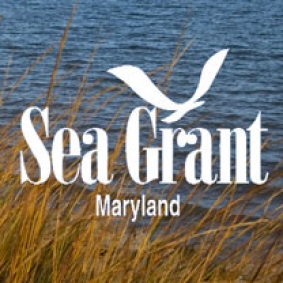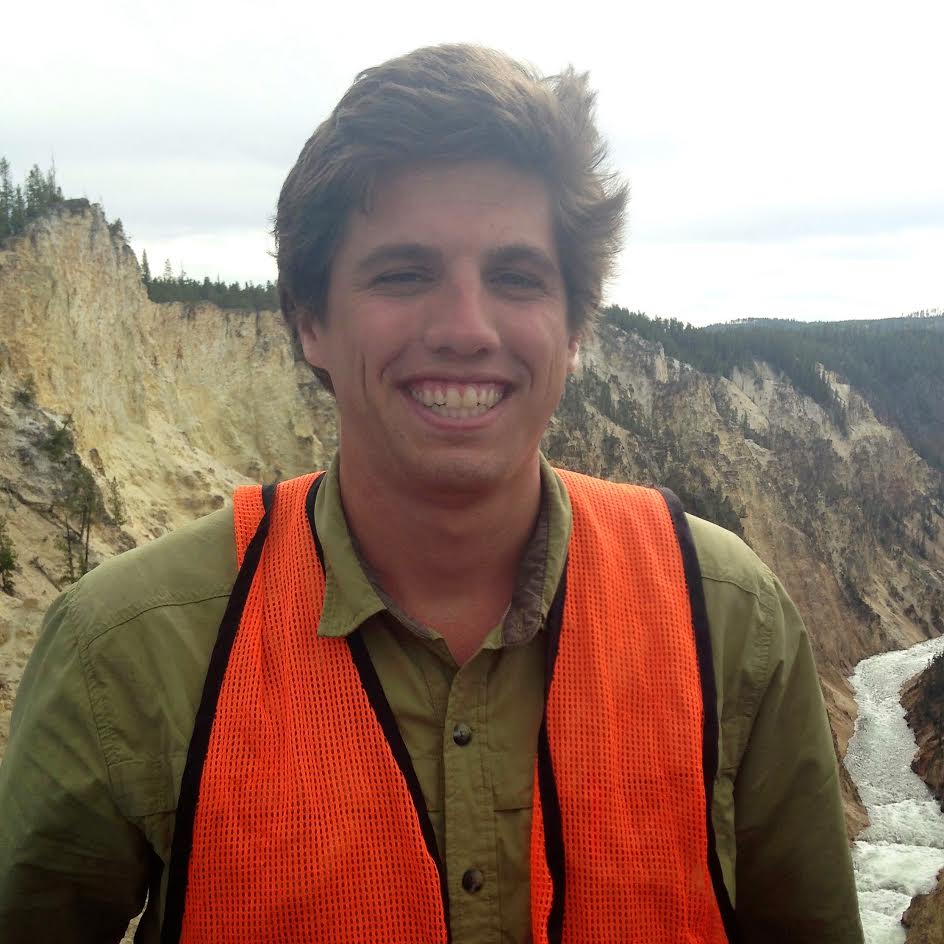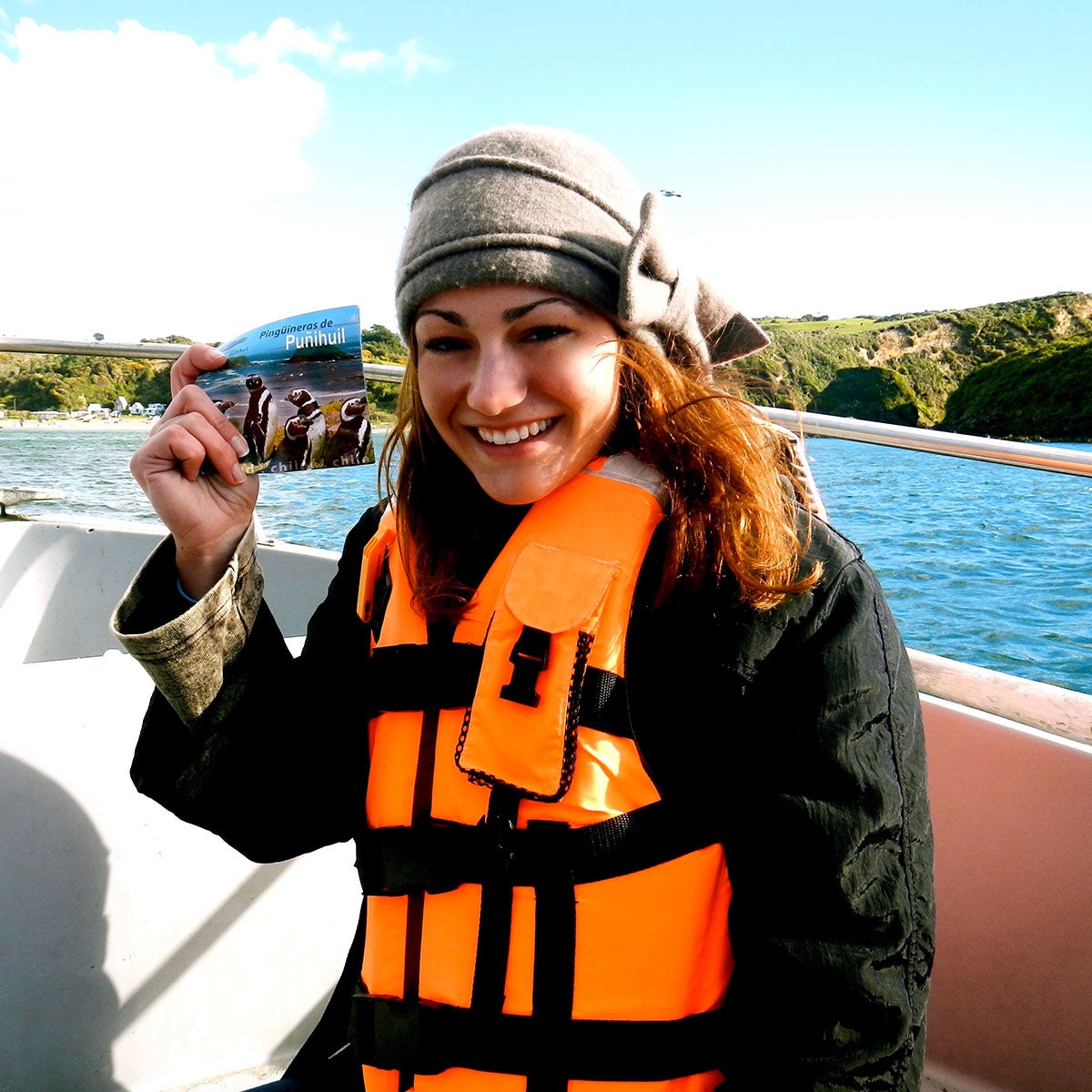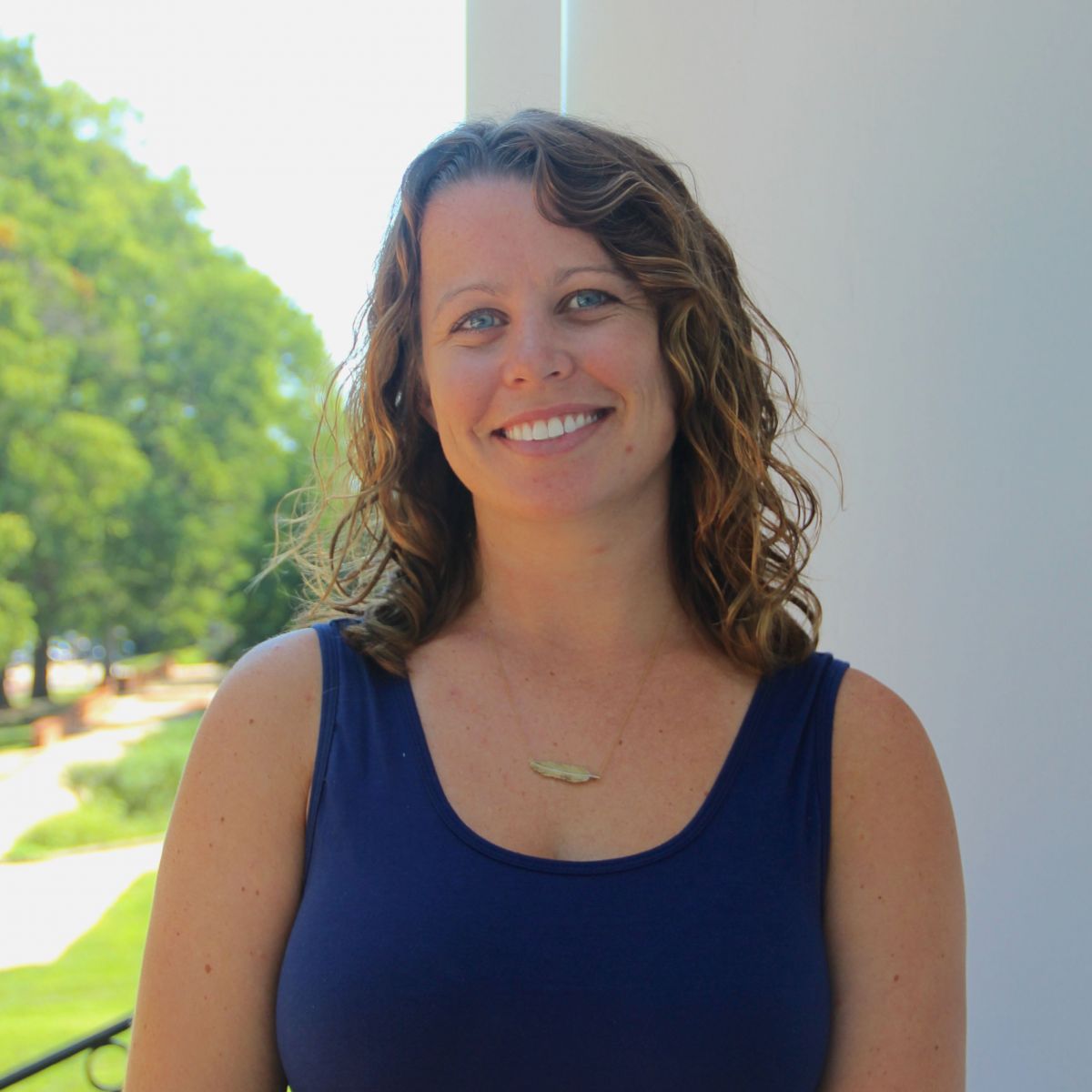Knauss legislative fellowships in Congress help build careers — and they're fun and educational. See our video and fact sheet for details.
New Group of Fellows Named to Study Coastal Resilience and Sustainability in Maryland

Maryland Sea Grant has named four graduate students as Coastal Resilience and Sustainability Fellows starting in fall 2016. These scientists will work to develop scientific findings that can be used to manage environmental challenges and effects of climate change facing Maryland’s coastal ecosystems and communities.
The newly appointed fellows will study topics that include effects of nutrient cycling on agriculture, the development of Maryland’s oyster aquaculture industry, the restoration of oyster reefs, and the control of mosquitos and stormwater.
Maryland Sea Grant started this new type of fellowship program in 2015, when three fellows were named. The fellowships typically run up to two years.
Unlike many fellowship programs that assign graduate students to work on research projects led by faculty members, the Coastal Resilience and Sustainability Fellowships were created to allow graduate students to independently plan, budget, and conduct their own research studies.
 Jake Hagedorn is a Ph.D. student at the Appalachian Laboratory of the University of Maryland Center for Environmental Science (UMCES) in Frostburg, Maryland. He is working on a project with Dr. Eric Davidson to study soil biogeochemistry and nutrient cycling as it relates to agricultural management on the Delmarva Peninsula.
Jake Hagedorn is a Ph.D. student at the Appalachian Laboratory of the University of Maryland Center for Environmental Science (UMCES) in Frostburg, Maryland. He is working on a project with Dr. Eric Davidson to study soil biogeochemistry and nutrient cycling as it relates to agricultural management on the Delmarva Peninsula.
The project will evaluate different methods for managing farm field irrigation runoff and how these methods affect the denitrification process, in which nitrates in water are converted into inert nitrogen gas (N2). The gas is released harmlessly into the atmosphere, removing excess nitrogen from water bodies where it can harm ecosystem functions. A goal of Hagedorn’s research project is to develop information to help advise farmers about how to manage runoff to maximize denitrification and minimize the production of nitrous oxide (N2O), a potent greenhouse gas that is also produced by denitrification.
Hagedorn received a M.S. in geosciences from Pennsylvania State University and a B.S. in environmental science with an earth science concentration from the University of North Carolina, Asheville.
 Katie Hornick will pursue a Ph.D. in the Marine Estuarine Environmental Sciences Graduate Program at the University of Maryland, College Park. She is working in Dr. Louis Plough’s lab at UMCES’ Horn Point Laboratory, where she studies population genetics of the Eastern oyster relevant to the mollusk’s restoration in the Chesapeake Bay. The goal of this project is to develop a model to assess the genetic impact of supplementing wild populations of oysters with hatchery-produced ones in Harris Creek, on Maryland’s Eastern Shore.
Katie Hornick will pursue a Ph.D. in the Marine Estuarine Environmental Sciences Graduate Program at the University of Maryland, College Park. She is working in Dr. Louis Plough’s lab at UMCES’ Horn Point Laboratory, where she studies population genetics of the Eastern oyster relevant to the mollusk’s restoration in the Chesapeake Bay. The goal of this project is to develop a model to assess the genetic impact of supplementing wild populations of oysters with hatchery-produced ones in Harris Creek, on Maryland’s Eastern Shore.
Hornick received a B.S. in natural sciences from Loyola Marymount University.
 P. Kanoko Maeda is a master’s student in the Environmental Science and Technology program at the University of Maryland, College Park. She is working in Dr. Paul Leisnham’s lab, where she studies how social factors, including demographics, knowledge, and attitudes, affect the willingness of local residents to install stormwater-control practices on their properties. In particular, Maeda is studying whether these measures (called best management practices or BMPs) promote mosquito breeding and whether residents’ concerns about the risk of breeding affects their willingness to install BMPs on their properties. Her work aims to clarify the actual risks of mosquito production from household BMPs compared to other habitats and to increase BMP adoption.
P. Kanoko Maeda is a master’s student in the Environmental Science and Technology program at the University of Maryland, College Park. She is working in Dr. Paul Leisnham’s lab, where she studies how social factors, including demographics, knowledge, and attitudes, affect the willingness of local residents to install stormwater-control practices on their properties. In particular, Maeda is studying whether these measures (called best management practices or BMPs) promote mosquito breeding and whether residents’ concerns about the risk of breeding affects their willingness to install BMPs on their properties. Her work aims to clarify the actual risks of mosquito production from household BMPs compared to other habitats and to increase BMP adoption.
As an undergraduate at the University of Florida, Maeda combined her interests in human and environmental systems and earned a B.A. in anthropology and a B.S. in wildlife ecology and conservation.
 Adriane Michaelis is a Ph.D. student in the Anthropology program at the University of Maryland, College Park. She is working in Dr. Jen Shaffer’s laboratory. Michaelis’ research interests emphasize including local communities in natural resource management. Her dissertation work focuses on the development of oyster aquaculture in the Chesapeake Bay, the backgrounds and motivations of the people currently involved in Maryland’s oyster harvest (wild and aquaculture), and future considerations related to oyster aquaculture and management. Her study includes examining the resistance among some watermen to participating in oyster aquaculture and how these decisions are influenced by the social networks in which they participate.
Adriane Michaelis is a Ph.D. student in the Anthropology program at the University of Maryland, College Park. She is working in Dr. Jen Shaffer’s laboratory. Michaelis’ research interests emphasize including local communities in natural resource management. Her dissertation work focuses on the development of oyster aquaculture in the Chesapeake Bay, the backgrounds and motivations of the people currently involved in Maryland’s oyster harvest (wild and aquaculture), and future considerations related to oyster aquaculture and management. Her study includes examining the resistance among some watermen to participating in oyster aquaculture and how these decisions are influenced by the social networks in which they participate.
Michaelis received a B.S. in anthropology-zoology from the University of Michigan and a M.S. in marine biology from the University of North Carolina, Wilmington. Before starting her dissertation, she dove from and captained a dive research vessel while monitoring Maryland’s restored oyster reefs.
Learn more about Maryland Sea Grant’s Coastal Resilience and Sustainability Fellowships.



